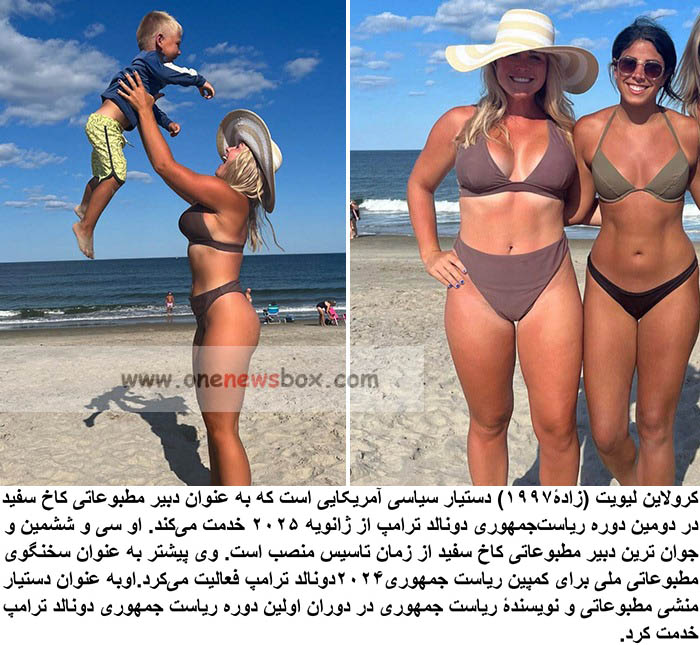Karoline Leavitt: A Political Trailblazer in the Second Trump Administration
Karoline Claire Leavitt, born on August 24, 1997, in Atkinson, New Hampshire, is one of the most high-profile and controversial figures in contemporary American politics. As of 2025, she serves as the 36th White House Press Secretary under President Donald Trump’s second administration, becoming the youngest individual in U.S. history to assume this influential role. Leavitt’s ascension to political prominence has been marked by an unwavering loyalty to Trump-era conservatism, a combative style reminiscent of her mentors, and a sharp instinct for media engagement. Her path from a small-town New England upbringing to the podium of the White House Briefing Room is a testament to her political acumen, ideological commitment, and unrelenting ambition.
Early Life and Family Background
Karoline Leavitt was raised in Atkinson, a small New Hampshire town bordering Massachusetts. Her family ran two local businesses: an ice cream shop and a used truck dealership in the nearby town of Plaistow. These humble, blue-collar roots shaped her personal values and political worldview. She has often cited her upbringing as formative, crediting her family’s work ethic and entrepreneurial spirit for instilling in her a deep appreciation for American capitalism, personal responsibility, and community service.
Leavitt attended Central Catholic High School in Lawrence, Massachusetts, where she excelled academically and athletically. In 2015, she graduated and enrolled at Saint Anselm College in Goffstown, New Hampshire. There, she majored in communications and politics, receiving a scholarship to play on the college’s softball team. She also became a prominent student voice on campus, known for her strong conservative opinions. Leavitt founded the college’s first broadcasting club and began contributing political op-eds to the student newspaper, many of which defended then-President Donald Trump’s policies—including the 2017 travel ban—and harshly criticized mainstream media outlets.

